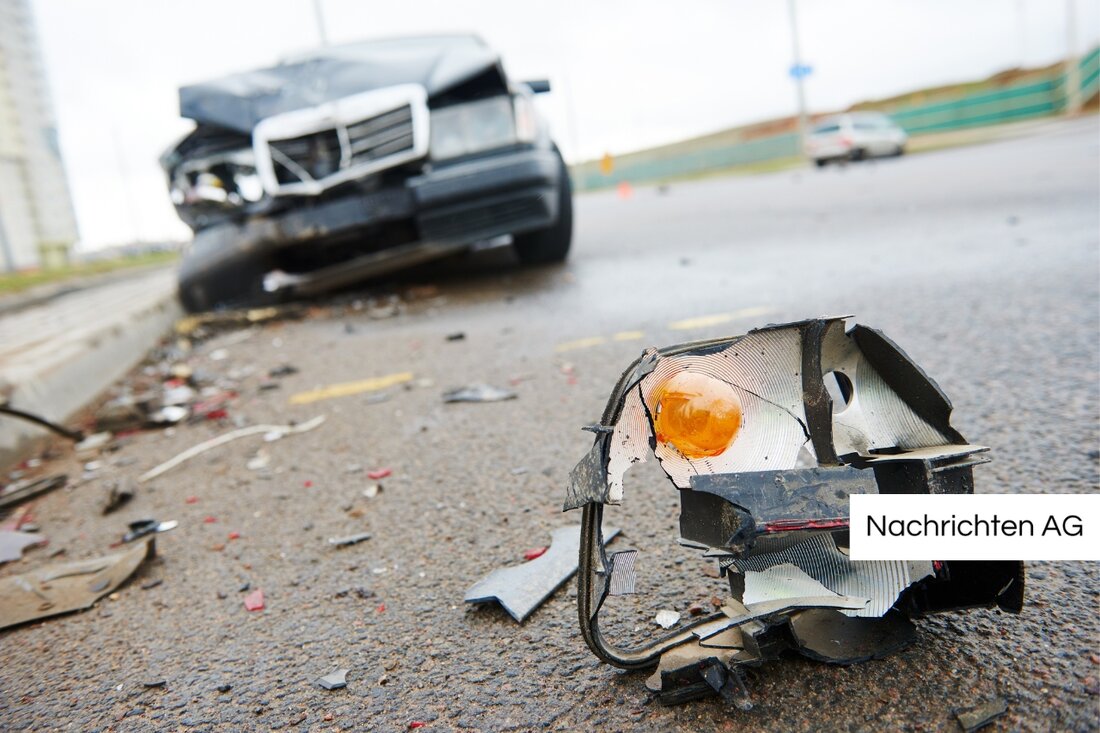Air disaster in India: Tragedy involving 230 passengers shocks nation
Air India plane crash hits India's growth. Security concerns, economic impacts and international reactions in focus.

Air disaster in India: Tragedy involving 230 passengers shocks nation
The shock is deep: The crash of an Air India passenger plane on June 16, 2025 is considered the worst air disaster in a decade and has left a sad echo both in India and around the world. With 230 people on board, including 169 Indian citizens as well as passengers from Great Britain, Portugal and Canada, the plane was supposed to fly from Ahmedabad to London Gatwick. Eyewitness accounts and videos circulating on social media show the plane rapidly losing altitude shortly after takeoff and a "mayday" call was broadcast from the cockpit before it crashed. The British government is even planning to send investigators to India to find out the causes of the accident. Mercury reports.
India's Prime Minister Narendra Modi described the incident as a "tragedy" and expressed his deep sympathy for the affected families. German Chancellor Friedrich Merz also expressed his condolences and said he mourned with the families of the victims. The exact death toll is currently unclear, but one person was reported to have survived. DW reports.
A look at Air India and the challenges ahead
The plane crash not only resulted in human tragedy, but also raised considerable doubts about the safety of the Boeing Dreamliner and the airline itself. Air India had recently announced big plans, including strong growth in the freight and cargo sector. CEO Campbell Wilson saw significant potential in the air cargo industry and aimed to increase air cargo volumes to 10 million tons by 2030. Before the disaster, Wilson was optimistic about turning Air India into a world-class airline and, together with rival Indigo, was aiming for annual growth rates of over 20 percent. Mercury reports.
India is currently on track to become the world's third largest economy by 2027. A forecast by economist BVR Subrahmanyam says India could become the largest economy within two years. In order to meet this gigantic growth, airlines not only need the trust of passengers, but also a safe and reliable passenger relationship. After the crash, both Air India and the Indian government are now under pressure to determine the cause of the accident. The investigation will look at technical aspects such as engine thrust and problems with flaps and landing gear.
The economic consequences
The financial impact of the crash is still unclear and shows how much Air India's future growth depends on restored passenger confidence. In recent years, Boeing has already suffered setbacks due to safety problems, particularly in connection with the 737 Max model. The current incident with the Boeing 787-8 “Dreamliner” is another serious blow for the company. As DW reports, this was the first accident involving this model.
The tragedy not only leaves a wave of regret, but also raises questions about the future of Indian aviation and the challenges that now await Air India. Regaining passengers' trust is a mammoth task that the airline must now master, while at the same time pushing ahead with its ambitious plans in a rapidly evolving industry.

 Suche
Suche
 Mein Konto
Mein Konto